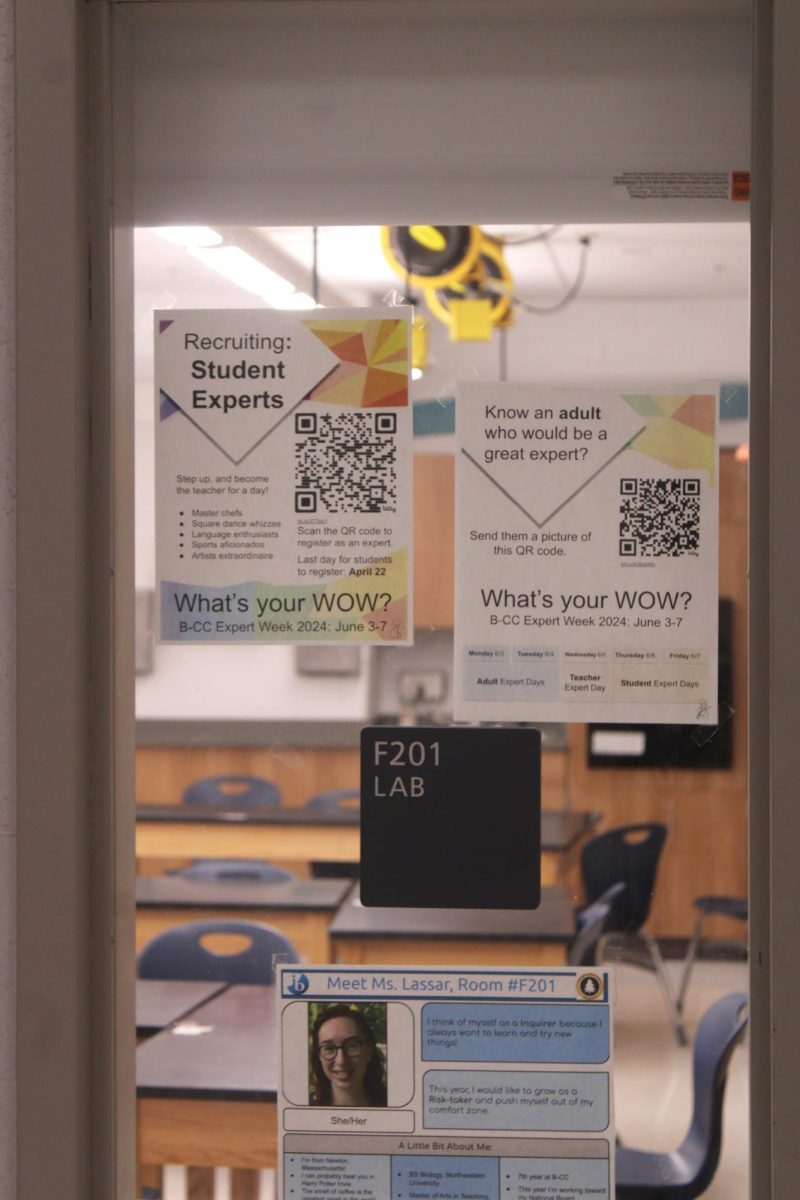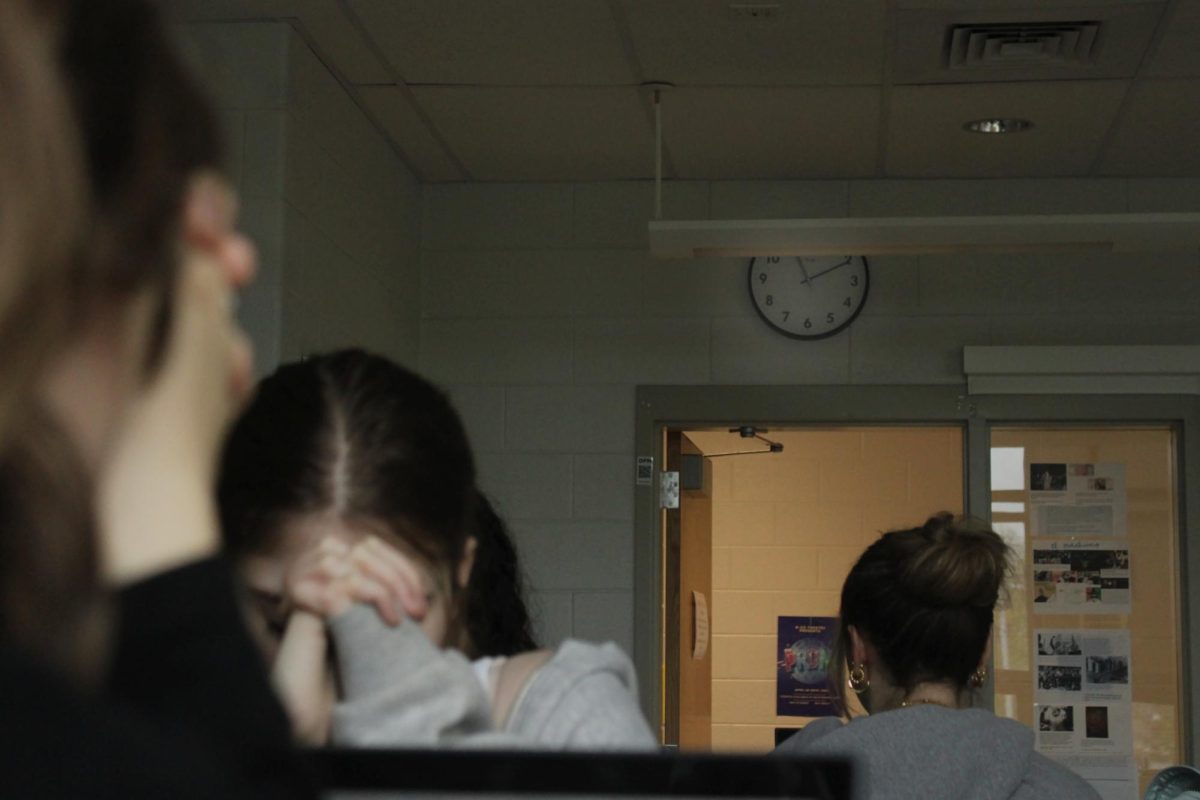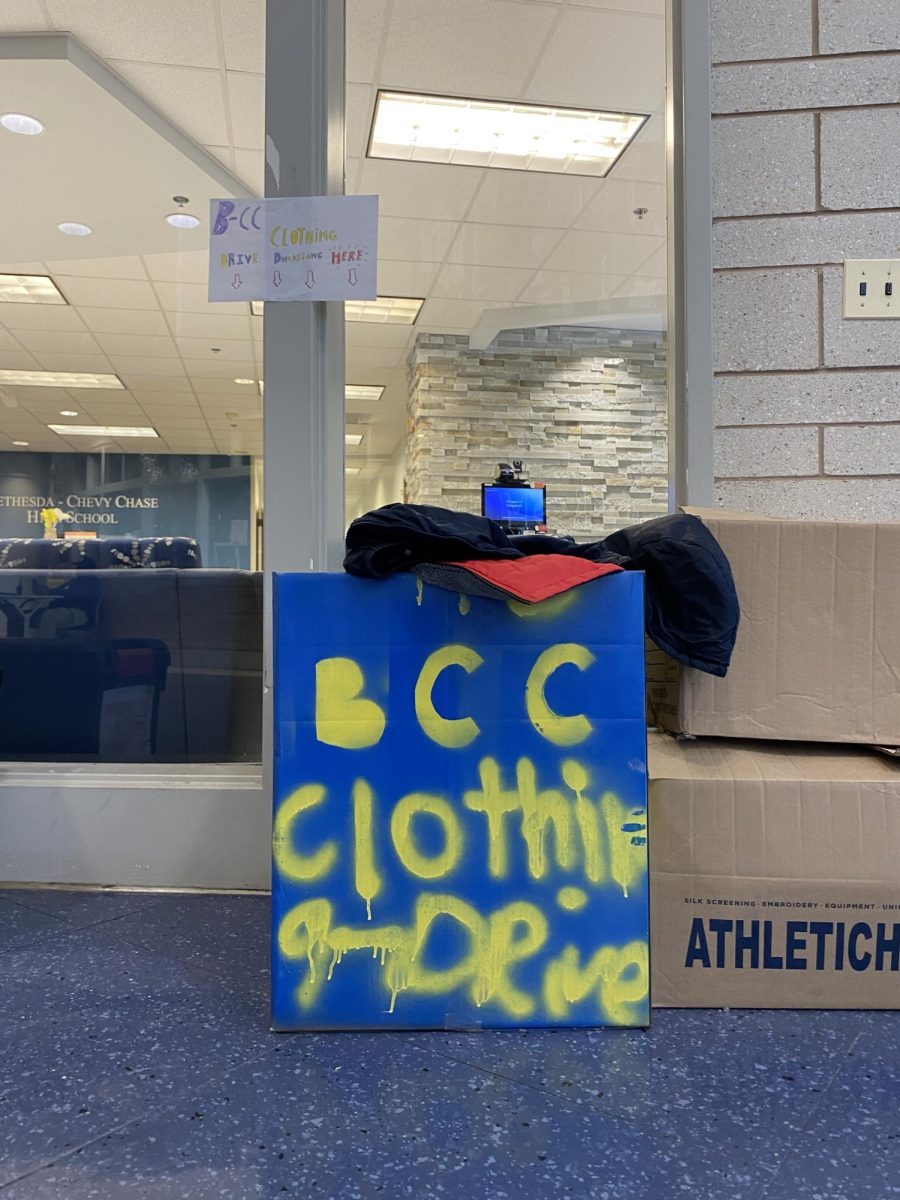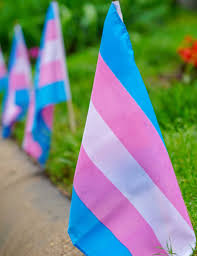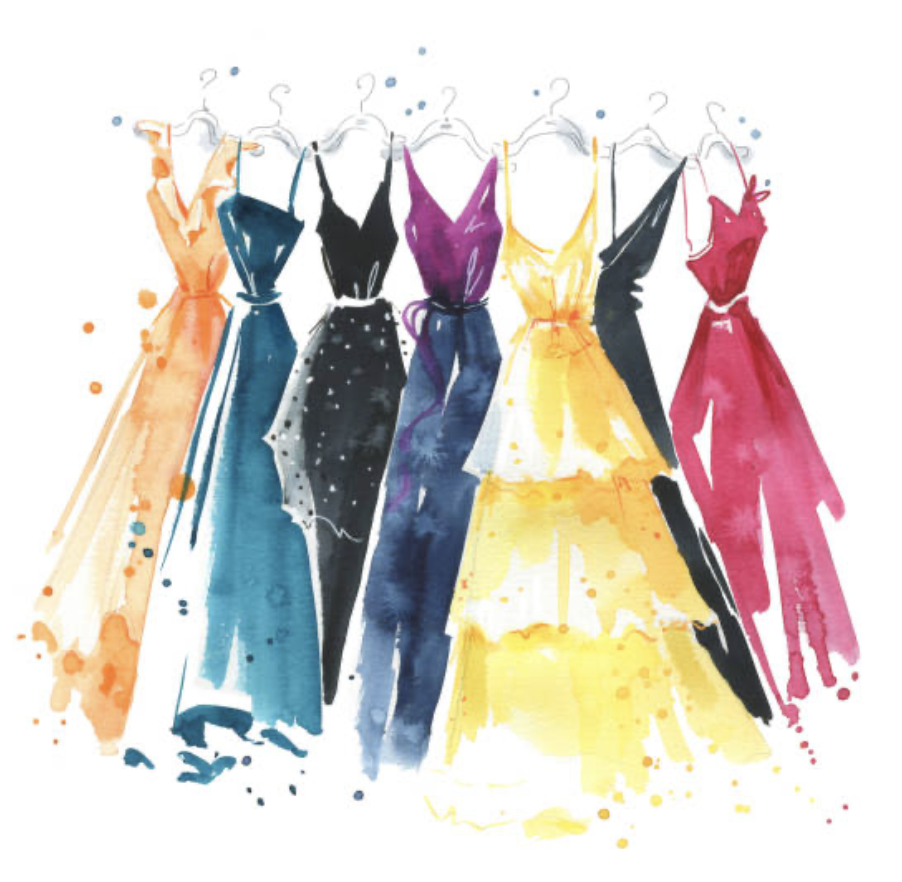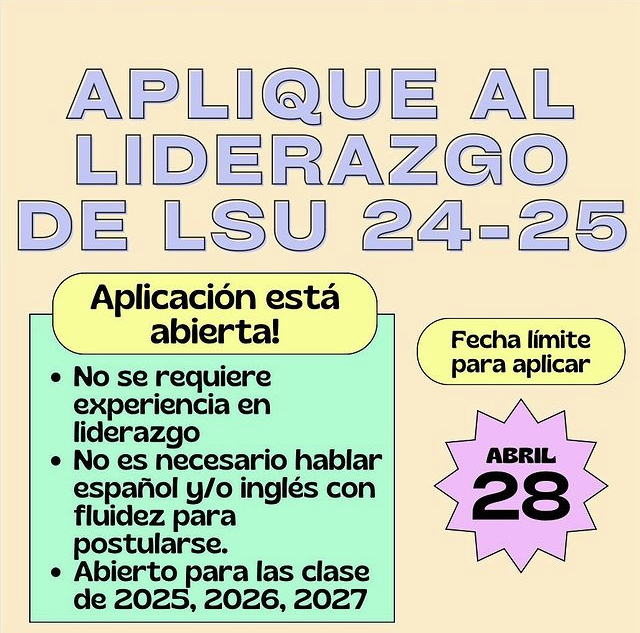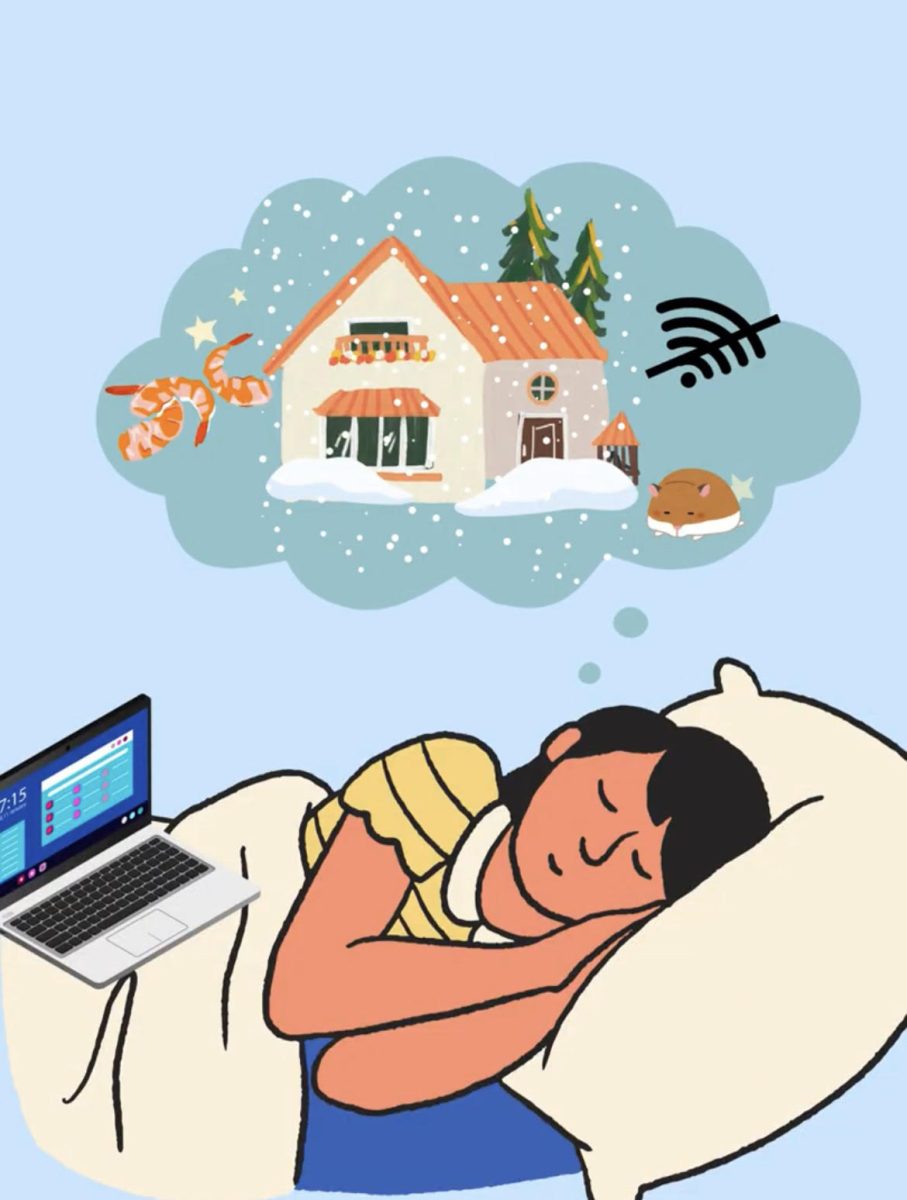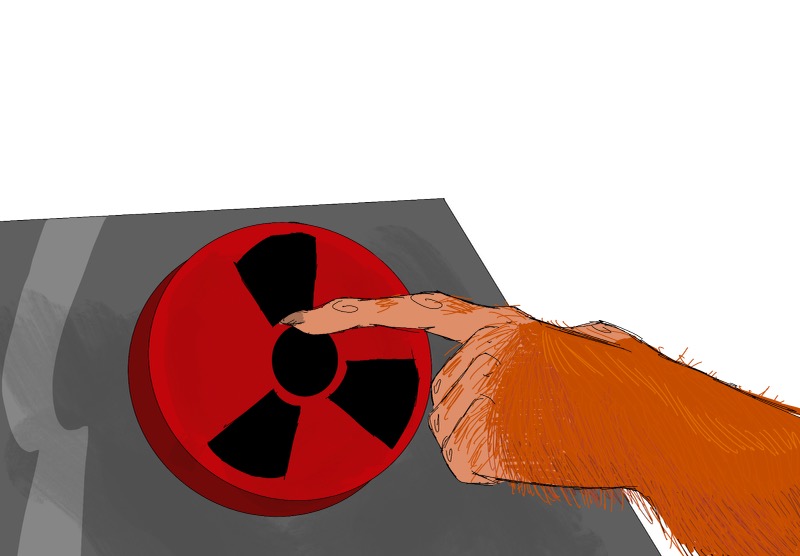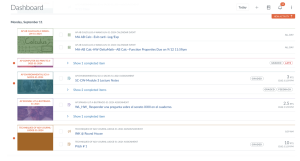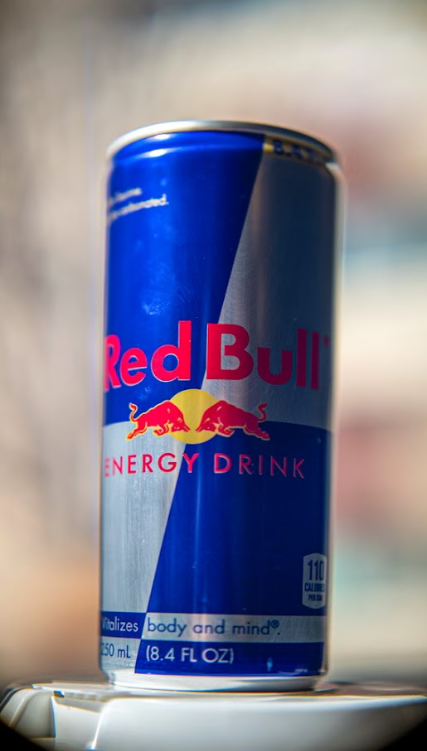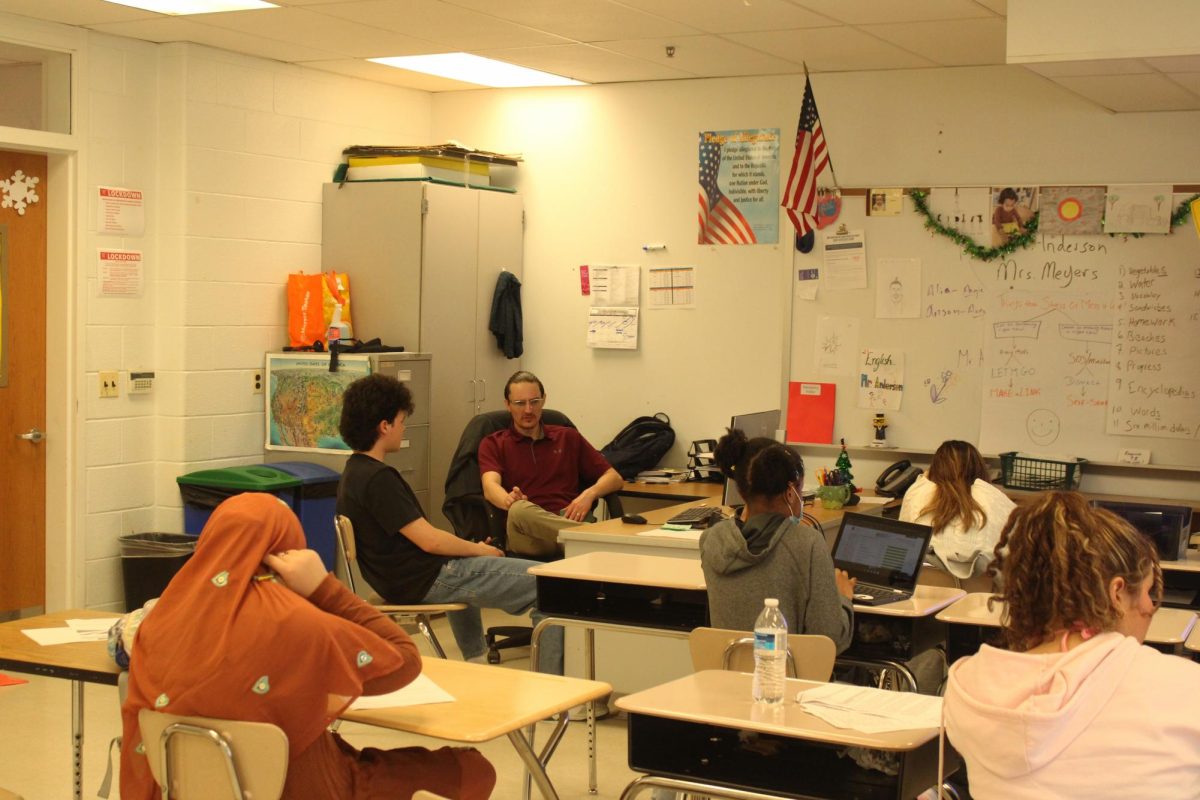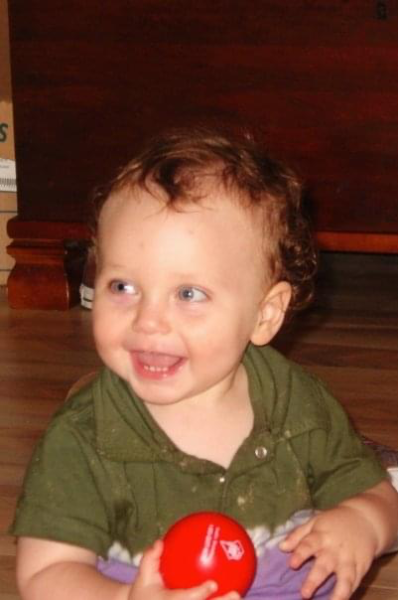Have you ever had a Celsius? What about a Red Bull? Walking around the halls of B-CC (and probably any other high school within MCPS), there is no doubt you have seen someone gripping onto a nearly empty metal can, previously full of a mix of caffeine, added sugars, and other additives. Energy drinks like Celsius, Monster, Propel, Red Bull, and more are found nearly everywhere. However, drinking these for fun can quickly become something seen as a necessity. Isn’t it ironic that when you Google these brands, there is almost always a “People also ask” drop-down menu with the question: “Are Celsius healthy?” Or, similar to the previous question, “Are Celsius good for you?”
The Centers for Disease Control and Prevention (CDC) has a study titled “The Buzz on Energy Drinks.” According to this study, “Nationwide, 75% of school districts do not have a policy in place regarding these types of beverages that contain a high level of caffeine for sale in high school vending machines, schools stores, or a la carte in the cafeteria.” Additionally, based on this study, up to 50% of adolescents report consuming energy drinks–how much do you want to bet a majority of that percentage comes from students here at B-CC?
Students seek drinks that align with their needs, from improved focus and hydration to a more healthy and active lifestyle. For example, Rahma Wadood, a senior, reflected, “I started drinking energy drinks during the pandemic, especially because I was more committed to working out. When school started, it just became a regular part of my day, and I drink it just for an extra boost in the mornings. I actually hate to admit it, but I genuinely like the taste of Celsius energy drinks, too.”
This view seems convincing at first, but The American Academy of Pediatrics (AAP)’s clinical report on these types of beverages, called “Sports Drinks and Energy Drinks for Children and Adolescents: Are They Appropriate?” explores more of the health risks that frequent consumption hold for the younger generation. Dr. Marcie Schneider, MD, author of the report, explained, “Caffeine and other stimulant substances contained in energy drinks have no place in the diet of children and adolescents. It is unfortunate that many young people knowingly ingest large amounts of caffeine in a variety of forms despite the fact that regular intake has many noted negative health effects.”
Some of these side effects include heart complications, dehydration, anxiety, and insomnia. The last two are the ones that pose the most risks to teens, says St. Louis Children’s Hospital. From waking up at times between 5:30 p.m. to 7 a.m., many teens use energy drinks to supplement their daily energy. Junior Namsai Sherman commented, “I don’t get enough sleep to function properly at school. I wouldn’t be able to stay concentrated in first and second period without it. The energy drink doesn’t have an extreme effect on me, it just wakes me up enough to feel like I actually got sleep.”
Ironically, many of these drinks cause long-term insomnia. Energy drink consumption, especially for developing brains, is linked to dissatisfying, sporadic, and disturbed sleep patterns, per The Guardian. Energy drinks can also spike grave anxiety. Caffeine intake makes teens and young adults jittery, nervous, and more prone to emotional swings and mood instability, according to the Mayo Clinic.
A 2019 Zambian University Study found that the most common reason students drink energy drinks is because they are studying for an exam. For those who drink energy drinks regularly, there’s a significant correlation between high caffeine consumption and horrible sleep, mood issues, and anxiety. Wadood can relate. “Because I’ve been drinking Celsius for a long time, I have been facing caffeine-related illnesses. Not only do I drink energy drinks, but I’m a big coffee drinker. I didn’t even realize how much caffeine I’d been consuming. I had a lot of nausea, to the point of passing out, from both caffeine consumption and stress, and I couldn’t eat a lot because of it.”
While most B-CC students recognize the risks of energy drink usage, they are hesitant to put an end to their consistent caffeine intake. Wadood recalled a helpful point, “Not many people are aware, or simply care, about the impacts of energy drinks or caffeine. A lot of kids think that they need it, so it’s super ingrained in their lives, like mine.” Knowing this, can we instill a change in our generation filled with rigorous expectations and a need for a perfect attention span? Sherman concluded, “I feel like it’s 50/50. I know how bad they are for me. I just ignore it because I have problems that need solving now, so I’ll deal with the consequences later. I think that’s how most people feel. Like, they know it’s bad, but they don’t care that much.”




